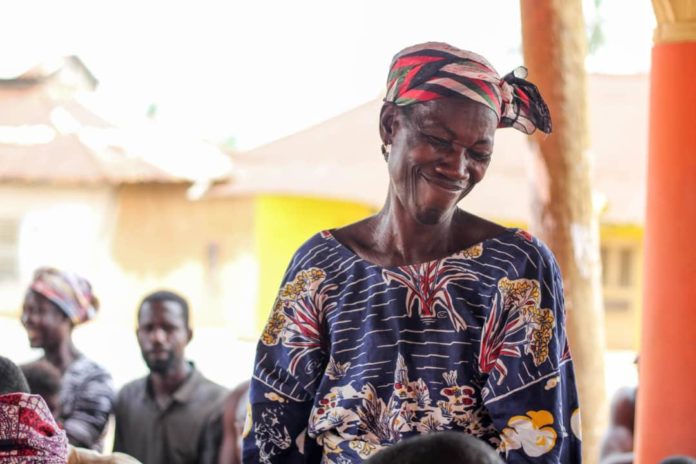A total sum of GHC50.2 million has been transferred to 400,000 most vulnerable individuals under the Livelihood Empowerment Against Poverty (LEAP) programme.
In the first half of this year, the LEAP programme provided three payment cycles (64th, 65th and 66th) of cash grants to a total of 334,084 households consisting of approximately 1,451,656 individuals as compared to 213,044 households consisting of 943,842 individuals in 2016.
This represents an increase of 53.8 per cent in beneficiaries. The programme has also successfully enrolled 73 per cent of its beneficiaries onto the National Health Insurance Scheme (NHIS) for free.
The Minister of Finance, Mr Ken Ofori-Atta, whiles presenting the 2020 mid-year budget review in Parliament last Thursday, July 23, 2020, said the LEAP, which is one of the social intervention policies implemented by the government, had linked 5,522 individuals to the various support programmes.
Others include the Labour Intensive Public Works (LIPW) – 3,054, Japanese Social Development Fund (JSDF) – 1,235, Village Savings and Loans Association (VSLA) – 348, Complementary Income-Generating Support (CIGs) – 537 and other complementary productive activities to help jump them out of extreme poverty.
The programme, he said, had also migrated all LEAP households to financial services through the e-payment (E-zwich) platform.

“The programme is also implementing an electronic reporting and monitoring system in 99 districts. The remaining districts will be brought on board by the end of 2020,” he said.
Since the establishment of the LEAP programme in March 2008 to provide basic and secure incomes for the most vulnerable households. It covered payments to 1, 645 households in 21 pilot districts.
It has since expanded to cover 1,444,518 individuals in 332,200 households in all 260 districts across the country, representing a 55 per cent increase over the figures in 2017.
Other social interventions
Before the closure of schools due to the COVID-19 pandemic, the Ghana School Feeding (GSF) programme was providing one hot nutritious meal per day for 2,980,000 beneficiaries compared to the 1,671,766 in 2016, representing an increase of 78.3 per cent beneficiaries.

Due to the closure of the schools, cooking had to be suspended and this has affected the livelihood of caterers and their employees. Also, it affected farmers who sell their produce to these caterers.
Food items procured in bulk by caterers got spoilt, causing financial loss to them. The planned innovative nutrition training programmes for caterers to improve the quality of meals served to pupils was also suspended due to the restrictions imposed on social gathering protocols.
Additionally, the daily nutritional needs of beneficiary pupils have been negatively affected, and it has placed a financial burden on their parents.
According to Mr Ofori-Atta, the GSF programme was currently collaborating with some development partners to provide dry food rations to each family of children on the GSF in extremely poor districts. Mr. Ofori-Atta said it was to ensure that the gains made in feeding those pupils were not negatively affected by the closure of the schools.



















